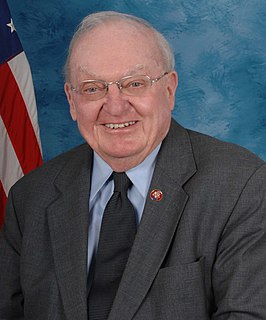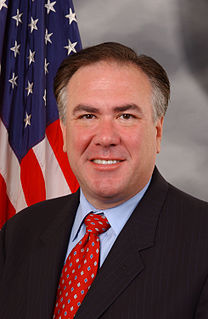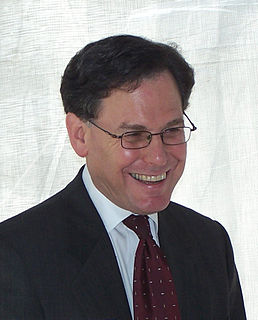A Quote by Elliott Abrams
The Erdogan government's first major step outside of the U.S. alliance was during the Bush Administration, when it wouldn't let Washington use Turkey as a launching ground for U.S. troops entering Iraq in 2003.
Related Quotes
Faced with the collapse of Iraq into something like Lebanon - or worse, Somalia - the Bush administration opted for a new counterinsurgency strategy. Violence was reduced because, for the first time since the U.S. invaded Iraq in 2003, Iraqis felt that there was a force capable of dominating the situation and ensuring basic order.
Should President Clinton have killed Osama bin Laden when he had the opportunity in 1990s? Should President Bush have sent the U.S. military into Iraq to depose Saddam Hussein in 2003? Should President Obama have withdrawn all troops from Iraq in 2011? Such questions provide no real insight into future considerations.
I think the Bush Administration had basically inherited a policy toward Iraq from the Reagan/Bush Administration that saw Iraq as a kind of fire wall against Iranian fundamentalism. And as it developed over the 1980s, it became a real political run-a-muck... even though the Iraqis were known to be harboring Palestinian terrorists.
I am very optimistic about - about Iraq. I mean, this could be one of the great achievements of this administration. You're going to see 90,000 American troops come marching home by the end of the summer. You're going to see a stable government in Iraq that is actually moving toward a representative government.
When George W. Bush decided to save the American position in Iraq by going against the advice of all of his wise men, of Jim Baker and the whole Iraq Study Group, and 90% of his administration, that was George W. Bush's decision. So we have to bear in mind that this isn't an administration we're electing. It's a person that we are electing.
Who was it in Afghanistan who screwed up in Tora Bora and let bin Laden escape? It was the Bush Administration. Who leached all the resources, military and civil, from Afghanistan, creating the instability that we see there today in order to prepare for the misbegotten invasion of Iraq? It was the Bush administration. If there's a terrorist problem today, who is responsible now? Bush has not done the job.
In the Obama administration's Washington, government officials are increasingly afraid to talk to the press. The administration's war on leaks and other efforts to control information are the most aggressive I've seen since the Nixon administration, when I was one of the editors involved in The Washington Post's investigation of Watergate.




































